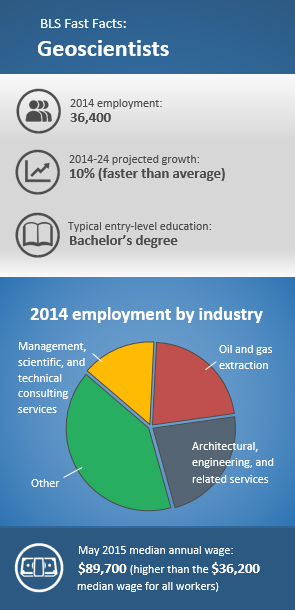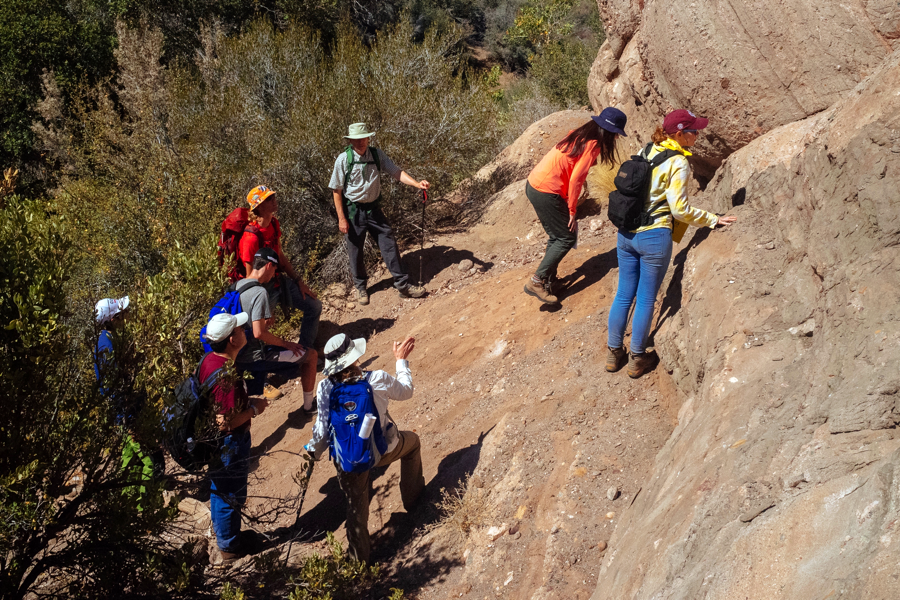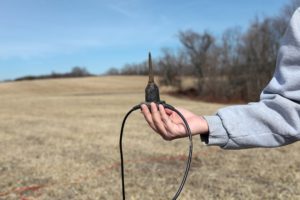All Categories
Featured
Table of Contents
Geophysical Survey - Salisbury Archaeology in Mullaloo Oz 2022
This work is significantly contracted out, so consultancies provide another source of employment. Consultancy companies differ in size, from extremely small companies to big multinationals. Some consultancies are rather specialised in utilizing specific geophysical techniques or working in particular areas, while others offer a more diverse variety of services to their clients.
The extraction of gas from landfill websites is another location of work and this might grow in the future. Exploration companies may undertake work for building and construction companies, public utility, mining business and ecological firms, so geophysicists may be employed in any of these settings. Other employers include: geological surveysgovernment bodies and agenciesuniversities and research institutes.


Vacancies might be listed in the oil and gas sector press. Recruitment is affected by oil rate variations and the level of competition for positions varies depending upon this. Careers Days, which cover the complete series of geoscience careers and are normally participated in by a number of crucial industry companies, are run by The Geological Society.
What Does A Geophysicist Do? in Winthrop WA 2023
Some of the big oil and gas business offer a complete two-year structured training programme throughout the breadth of geophysics, including the opportunity to experience work in different groups prior to specialising in one area. Your training might consist of work on: existing wellsmagnetic and gravitational possible field data analysisresearchrock analysis. Nevertheless, it's more typical for your preliminary training to be offered on the job.

There may be a probationary period during which you work together with a skilled coworker. Competency-based appraisals happen frequently in a lot of firms. In smaller firms, and for academic posts, there is unlikely to be any formal training - you'll be expected to begin work straightaway and get abilities as you go along.
If you work for a smaller sized company, you may discover that you need to take responsibility for arranging and moneying your own development and training. If you have a geology degree, subscription of The Geological Society can be helpful for networking and for maintaining to date with the market.
What Geophysicists Do in Parkwood Western Australia 2023
You may also find it beneficial to sign up with the PESGB (The Petroleum Exploration Society of Great Britain, which has a geophysics special interest group. After a probationary duration, and once you have actually gotten some experience, you might advance to senior geophysicist, then team leader and then into a senior role in management.
The ease of movement between functions depends upon the company structure. Research study at Masters or Ph, D level in a subject related to geophysics or geosciences may help with your profession development and development. The employment market within the oil and gas market is extremely reliant on price and this might affect your chances for career development.
For knowledgeable geophysicists, freelance consultancy uses a great path for profession development. As a geophysicist, you're most likely to have a number of tasks throughout your working life.
Geophysical Survey - Durham University in Bassendean Aus 2023
From geophysics, it's possible to concentrate on seismology (finishing more training to become a seismic interpreter) or to move into associated locations such as engineering geology or risk forecast.
Choosing what to study in college is a hard choice. Even if you understand that your field of interest lies in science, what program of research study is best for you? If you make the choice to major in physical and life sciences and pursue a profession as a geophysicist, you're getting ready for an interesting and profitable occupation.
However the primary step to attaining your objective of ending up being a geophysicist is making a degree. Even for entry-level positions in the field of geoscience, you'll require a bachelor's degree (a geophysicist college degree) from a recognized college or university. Some research positions need candidates to hold master's degrees or even Ph.
Geoscience, Geophysics Option, in Lakes Oz 2023
Postgraduate degree are specifically essential if you plan to teach at a four-year organization. Geophysicists apply physics concepts and strategies to study the gravitational, magnetic, and electric fields of the earth. This advances scientists' knowledge of both the planet's interior core and its surface area. Geophysicists should have the ability to: analyze rocks, photographs, and other pieces of data perform research study both in the field and in labs produce maps and charts of their findings compose reports To achieve all this, students need a specialized education for geophysicist professions.
As stated above, you'll need a bachelor's degree in geoscience or a related discipline, such as a physical science or a natural science, to land an entry-level job. Students can also prepare by majoring in topics like: Biology Chemistry Computer science Engineering Mathematics Physics The above geophysicist majors provide a more generalized approach to a single scientific discipline, but most programs require trainees to take one or more geology course.
Latest Posts
Geophysical Survey in Jandakot Australia 2020
Geophysics Definition & Meaning in Roleystone Oz 2021
Geophysical Survey - Explore The Seafloor in Kinross WA 2021